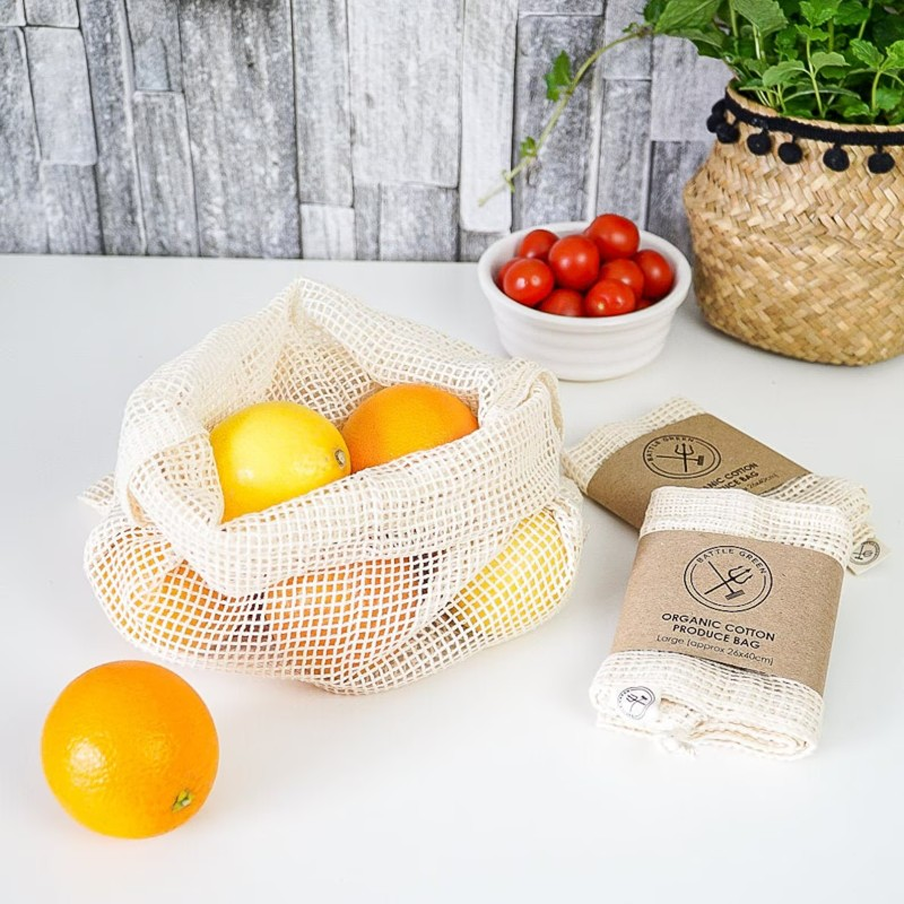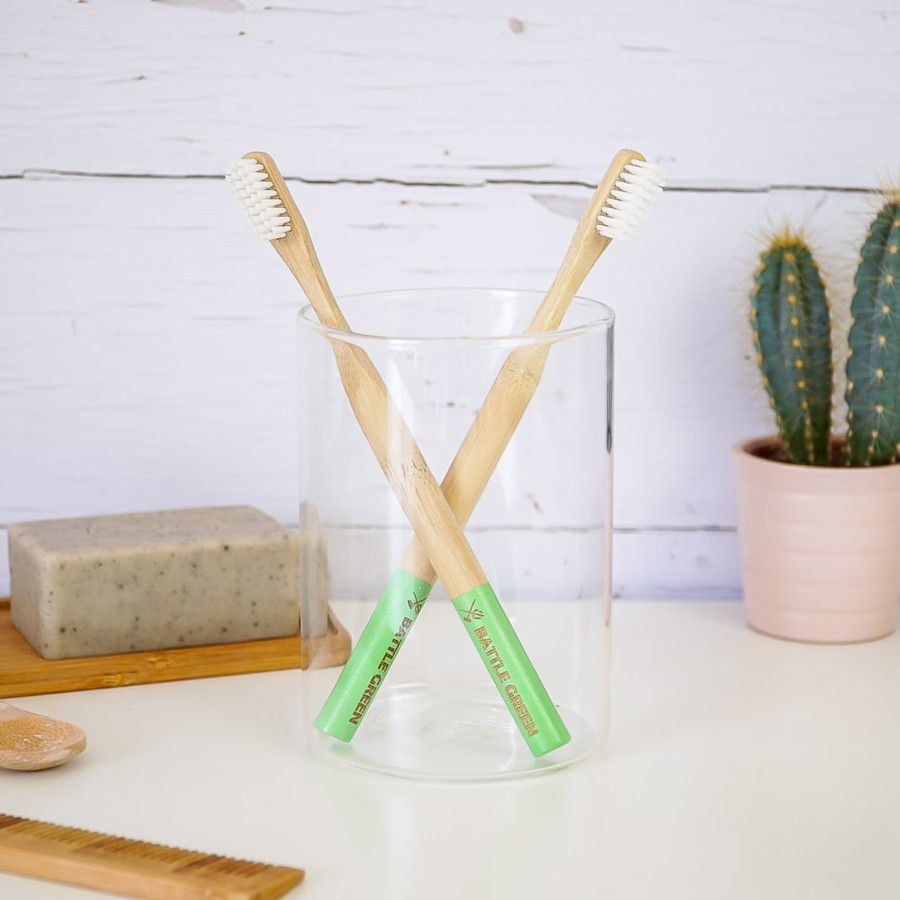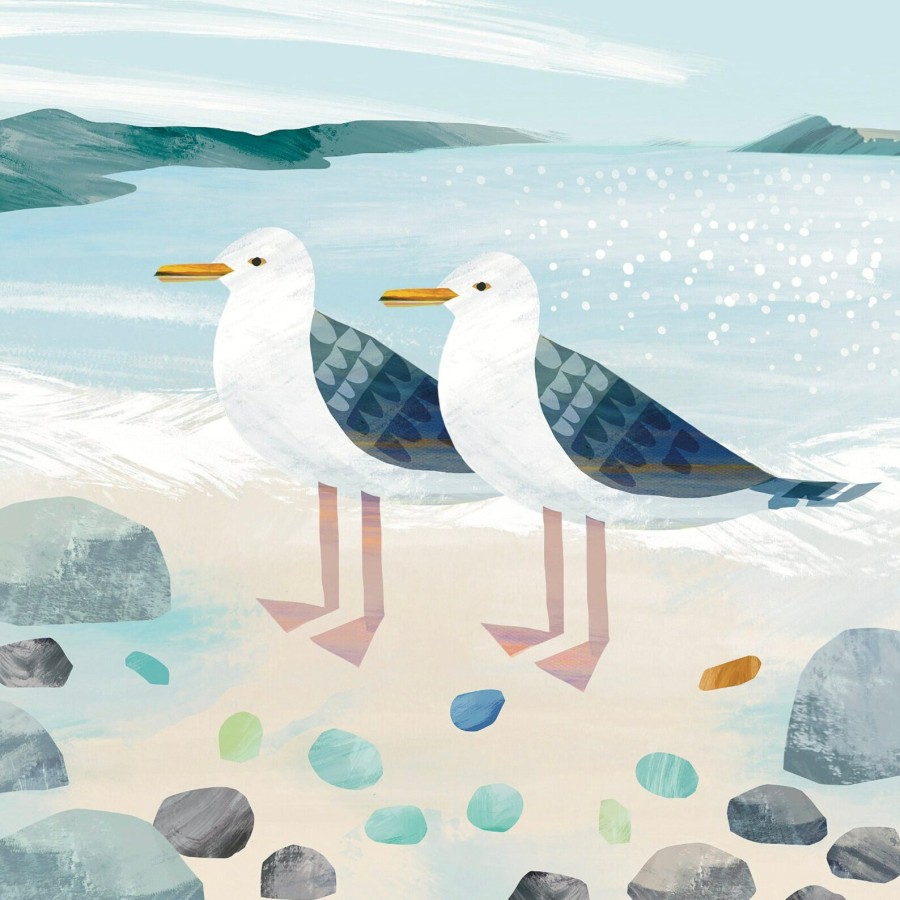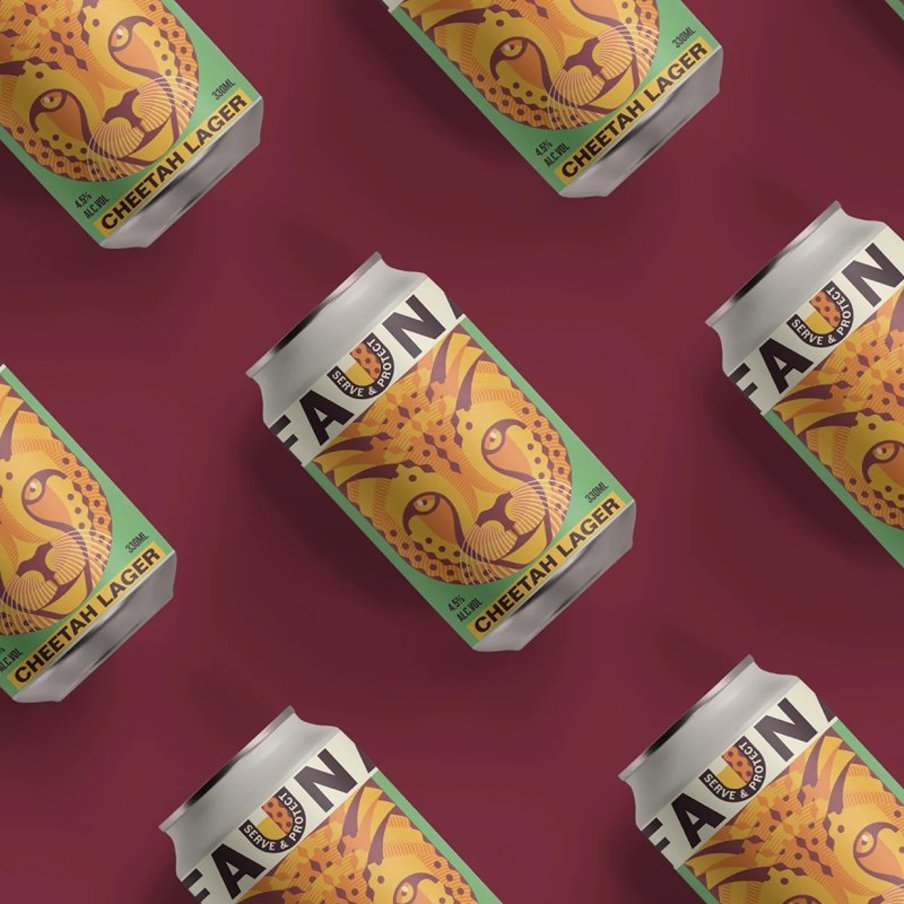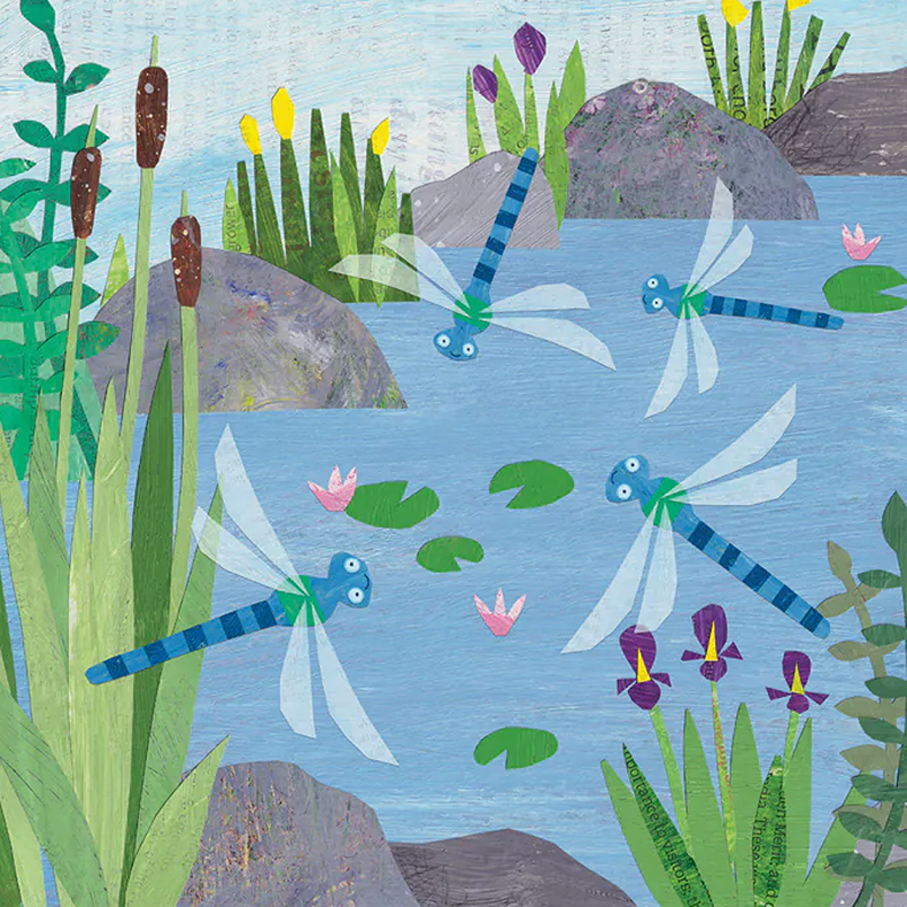
Although we have natural ponds in England, decreasing habitats means garden ponds can help native wildlife. Ensure sloping sides (or ramps) for wildlife to easily enter/exit, keep ponds free from algae, and don’t transfer creatures from one pond to another (this can attract invasive species).
Ensure pond wildlife is kept away from from dogs and cats (who may attack or eat unsafe pond plants). Also avoid netting, as this has holes that traps wildlife and birds. Read more on planting wildlife-friendly gardens.
visit RHS website’s ‘pond pages’
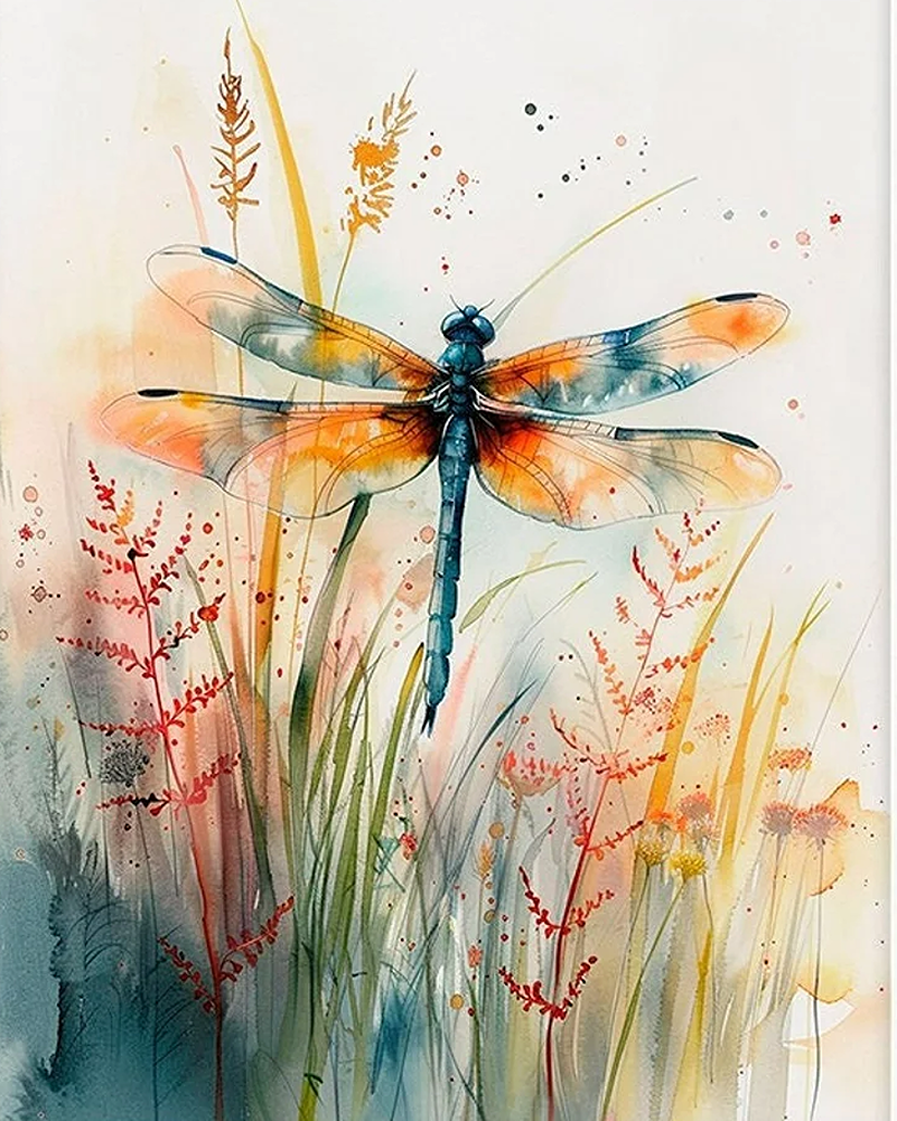
RHS has a fantastic suite of posts on building ponds (they are the experts, so over to them!) From how to build a pond (including rain gardens and container ponds) along with choosing safe liners, landscaping surrounding areas and how to maintain your pond. We have regular rain in England but if topping up, use rainwater from safe water butts (not tap water, which can cause algae). Pond fish require care, like oxygenating plants. If you use a pump, ensure it has a ‘wildlife protection system’ to prevent creatures like tadpoles being sucked in.
Once built, leave ponds undisturbed if you can. You can rake out a few leaves, but usually wildlife works best left alone. You’ll soon attract pond insects and amphibians (they need resting places to breathe, and be alert as many may hide under wheelie bins, under pots or in greenhouses). Larger ponds may even attract ducks, birds and grass snakes (excellent swimmers).
books to help you build a garden pond
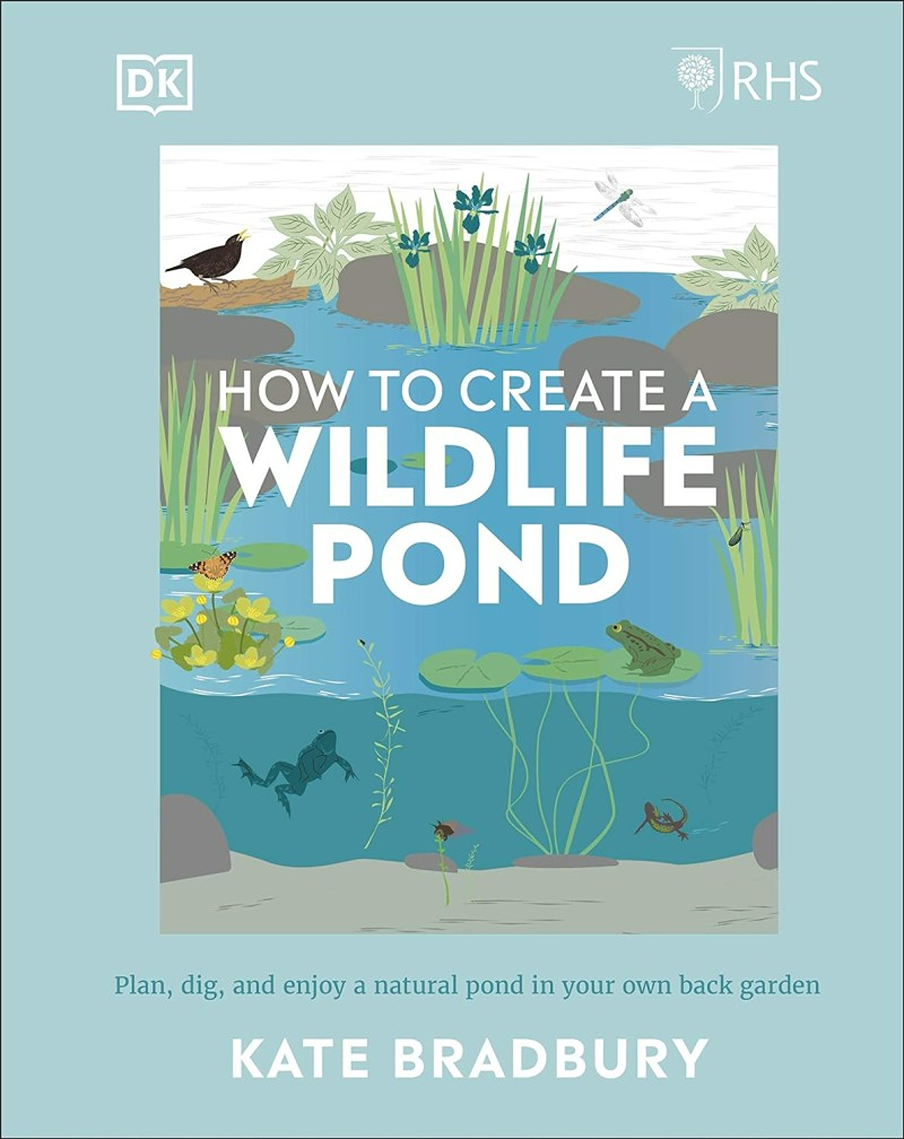
How to Create a Wildlife Pond is a beautifully illustrated guide to plan, create and maintain your pond (natural, container or formal). Learn which creatures will visit (and when) and plants that help ponds thrive. Also learn how to maintain your pond and creating a thriving eco-system.
Building Natural Ponds is an American book (by a master gardener) for people who don’t want the mess of pipes, pumps, filters and chemicals. It shows how to build a simple pond for dragonflies, frogs and songbirds, helps you understand pond ecosystems and natural algae control. Plus there are tips on scaling up to large ponds, pools, bogs and rain gardens.
how to humanely deter herons from ponds
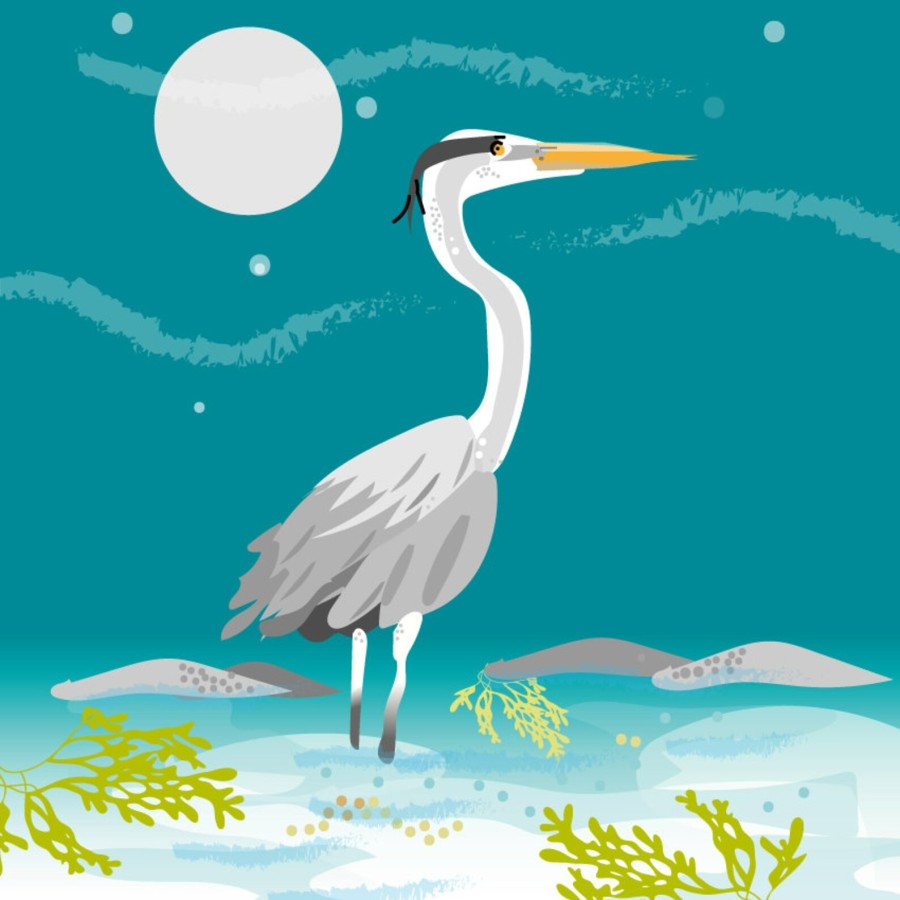
Herons are often an issue near ponds, but dummy herons rarely work (herons hunt together, so think they’ve found a mate). And heron deterrent discs have holes in which hedgehog spikes could get caught. And netting can trap wildlife.
It’s sad to say, but herons do kill fish and ducklings. So if you have a pond, herons will try to find them. You may have to accept it’s nature. Two possible solutions are tall plants at the edge (to obscure views of fish) and a solar fountain to agitate the water (so herons are less likely to see them).

